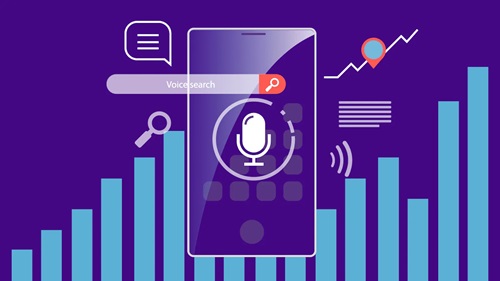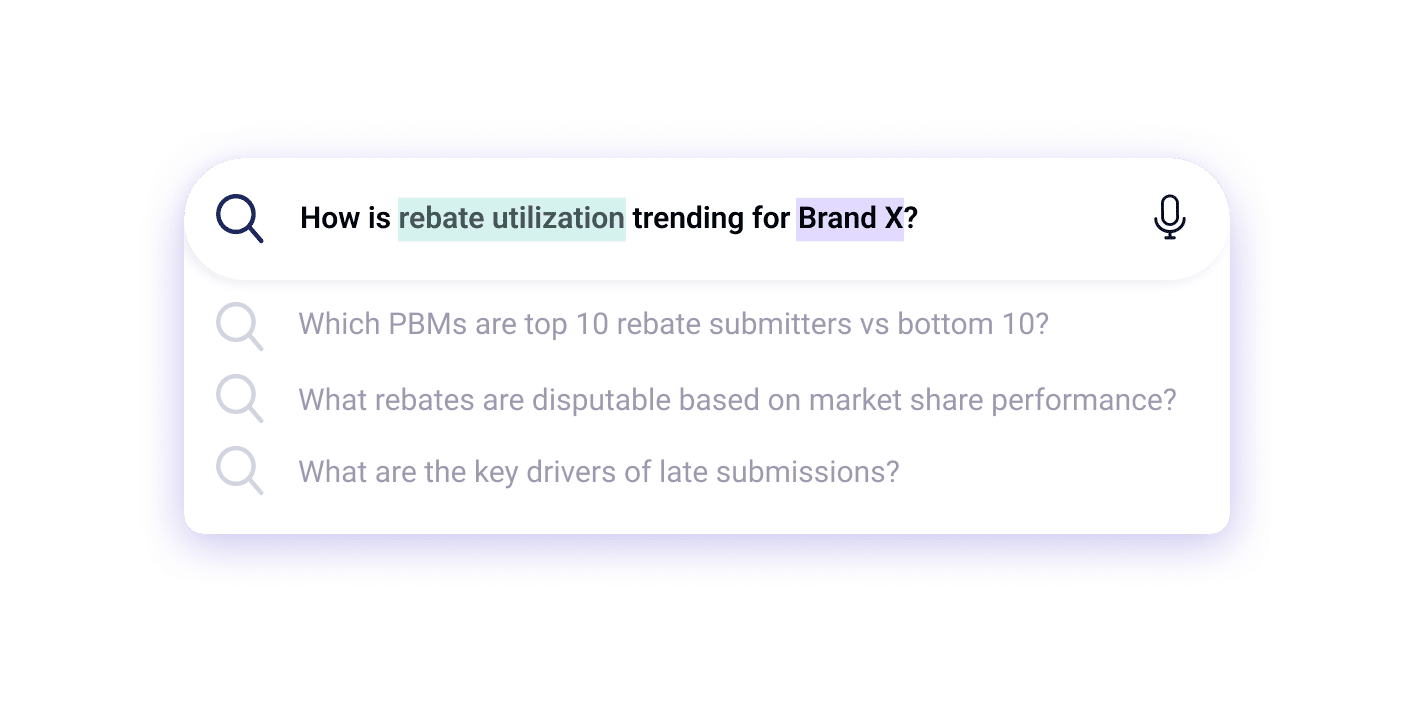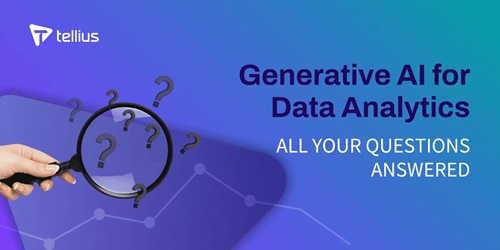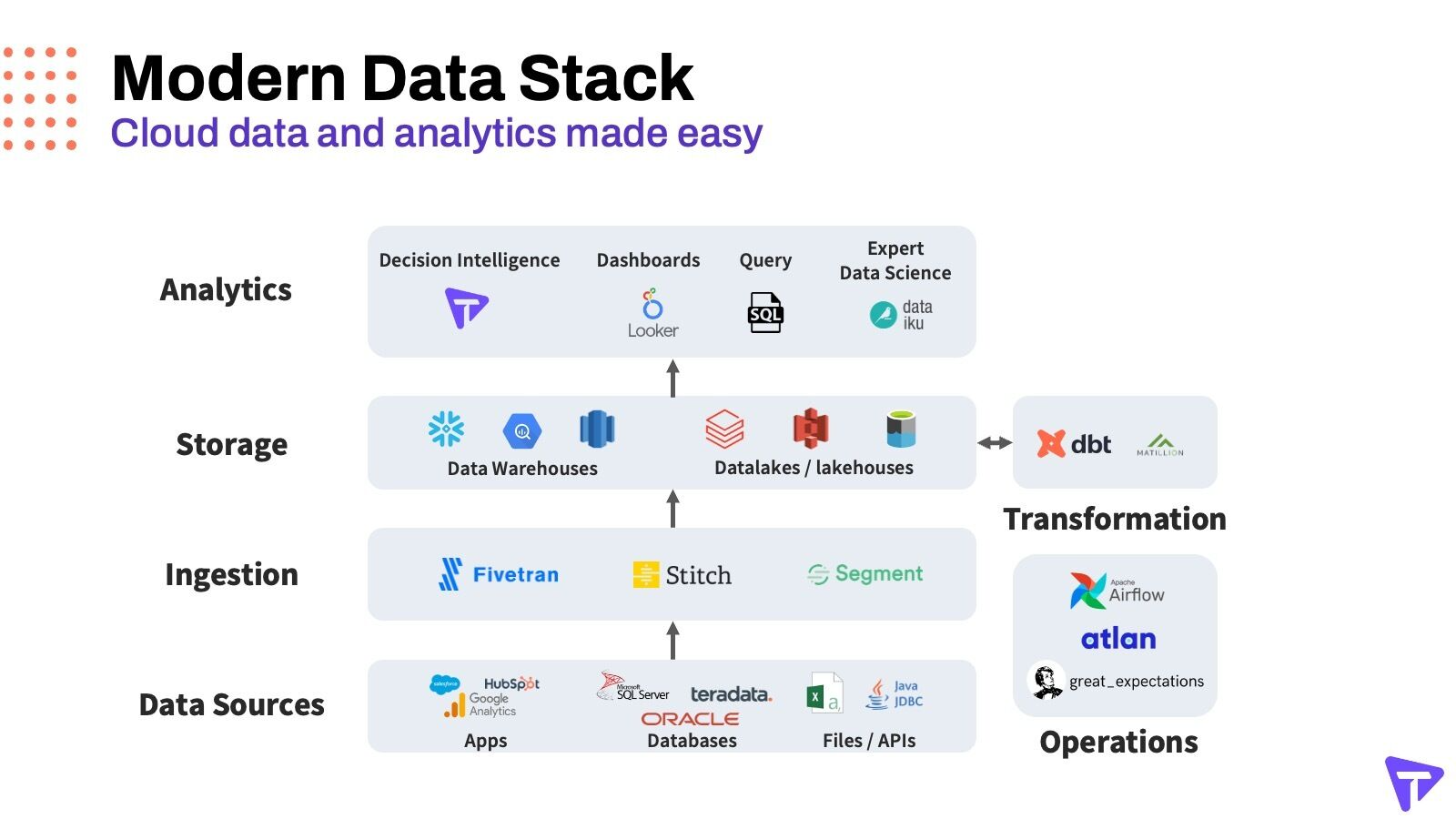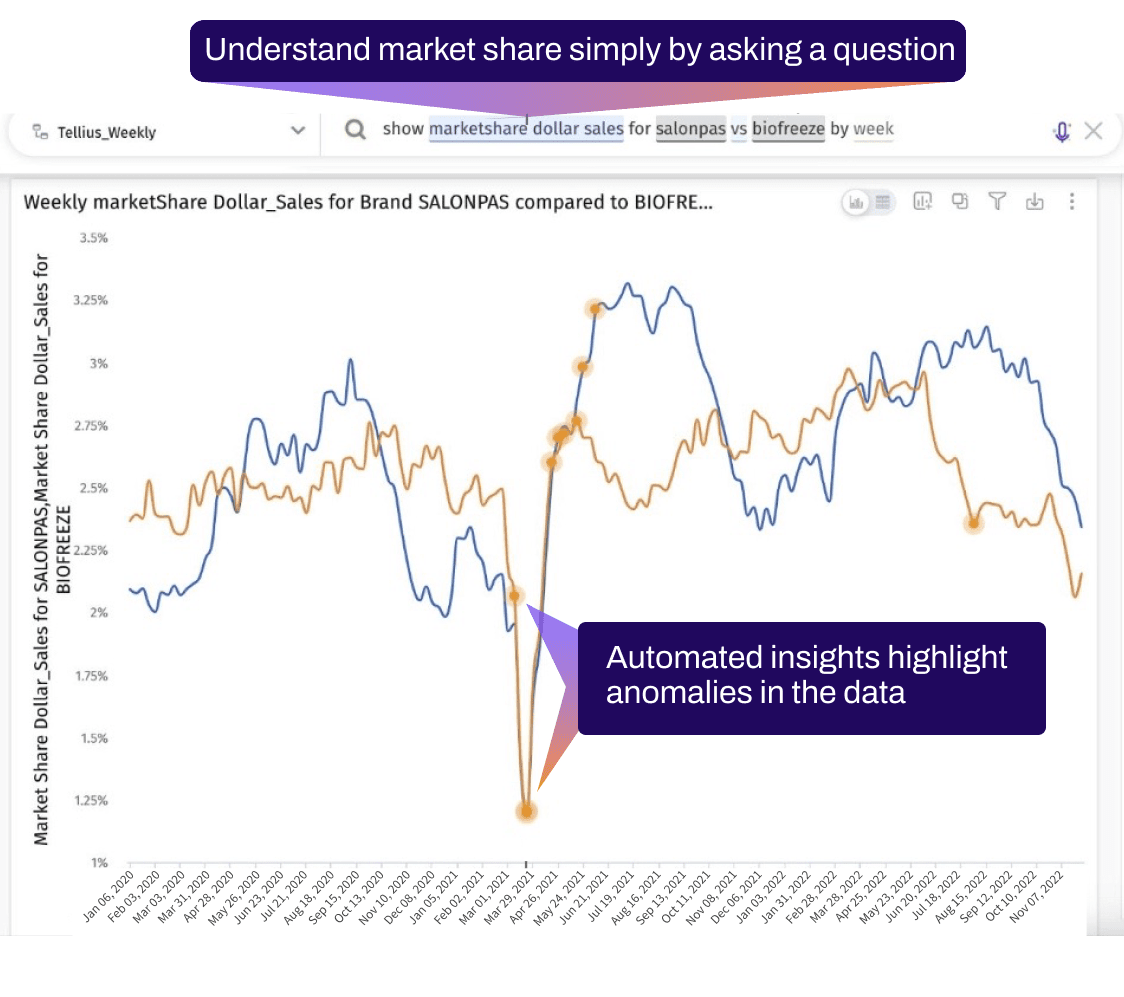Life Sciences Analytics: Transforming Healthcare Through Data-Driven Insights
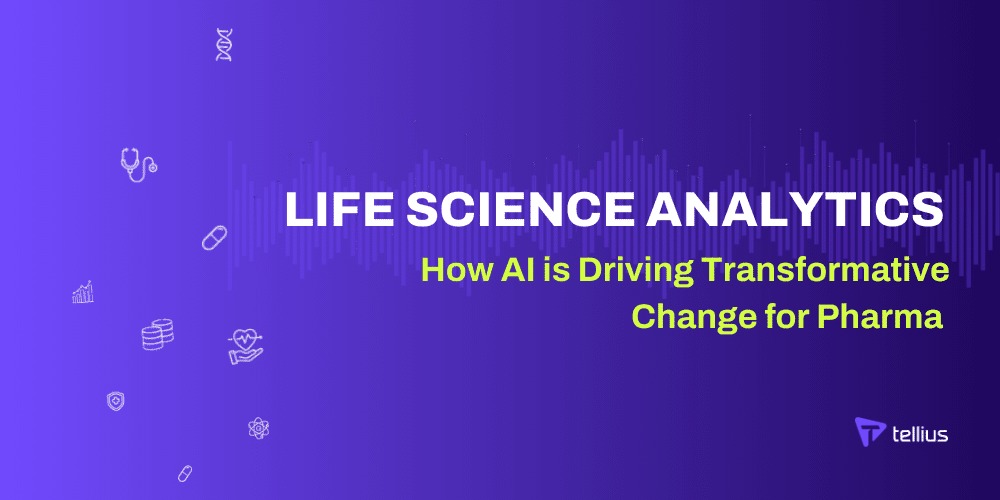
The life sciences industry, encompassing pharmaceuticals, biotechnology, healthcare, and medical devices, is undergoing a significant transformation thanks to the power of data. Life sciences analytics is at the forefront of this revolution, enabling organizations to harness vast amounts of data to drive innovation, improve patient outcomes, and optimize research and development (R&D) processes. By leveraging advanced analytics, companies in the life sciences sector can make more informed decisions, reduce costs, and accelerate time to market for new drugs and therapies.
What is Life Sciences Analytics?
Life sciences analytics refers to the use of data analysis, machine learning (ML), artificial intelligence (AI), and statistical tools to extract actionable insights from healthcare and biological data. This data can come from various sources, including clinical trials, genomic research, electronic health records (EHRs), wearable devices, and real-world patient data.
By analyzing this vast and complex data, life sciences organizations can identify trends, patterns, and correlations that can help them make more informed decisions. Analytics is applied across a wide range of functions, including drug discovery, clinical trial optimization, patient care management, and regulatory compliance.
Key Benefits of Life Sciences Analytics
Accelerating Drug Discovery and Development
One of the most impactful applications of life sciences analytics is in drug discovery and development. Historically, this process has been time-consuming and expensive, with only a small percentage of drugs making it from discovery to market. Analytics can dramatically speed up this process by identifying promising drug candidates, optimizing molecule selection, and predicting how different compounds will perform in clinical trials.
By using predictive analytics and machine learning, life sciences organizations can simulate drug interactions, predict adverse events, and prioritize compounds with the highest potential for success. This accelerates the R&D process, reduces costs, and increases the likelihood of bringing effective treatments to market.
Optimizing Clinical Trials
Clinical trials are critical to the success of new drugs and therapies, but they are also expensive and time-consuming. Life sciences analytics helps streamline clinical trials by improving patient recruitment, monitoring trial performance, and predicting patient outcomes. For example, advanced analytics can identify suitable patient populations based on genetic markers or other characteristics, leading to more targeted and efficient trials.
Additionally, real-time monitoring of clinical trial data allows for faster identification of issues, such as adverse events or protocol deviations, enabling companies to make adjustments on the fly. This reduces the risk of trial delays and increases the chances of successful outcomes.
Enhancing Personalized Medicine
Personalized medicine is an emerging field that aims to tailor medical treatments to individual patients based on their genetic makeup, lifestyle, and other factors. Life sciences analytics plays a key role in advancing personalized medicine by analyzing large datasets from genomics, proteomics, and other biological sources to understand how patients will respond to specific treatments.
By using predictive models and AI-driven analytics, healthcare providers can offer more precise, effective treatments, reducing the trial-and-error approach that often characterizes traditional medicine. This leads to improved patient outcomes, lower healthcare costs, and more personalized care.
Improving Patient Care and Outcomes
Beyond drug development, life sciences analytics is also transforming how healthcare providers deliver care. By analyzing patient data from EHRs, wearable devices, and other sources, healthcare professionals can identify trends and patterns that indicate potential health risks or opportunities for intervention. Predictive analytics can be used to detect early warning signs of diseases, enabling preventive measures before conditions worsen.
For instance, analytics can help physicians predict which patients are at risk for complications after surgery or identify individuals who may benefit from specific treatments. This improves the overall quality of care and enhances patient satisfaction.
Ensuring Regulatory Compliance
Life sciences organizations operate in a highly regulated environment, with stringent requirements for safety, efficacy, and reporting. Life sciences analytics helps organizations ensure compliance with regulatory standards by providing transparency into processes, monitoring data quality, and ensuring accurate reporting of clinical trial outcomes.
Advanced analytics can also be used to streamline regulatory submissions by automating the generation of reports and identifying potential issues that may arise during the approval process. This reduces the time and effort required to navigate regulatory hurdles while ensuring that all requirements are met.
The Future of Life Sciences Analytics
As life sciences analytics continues to evolve, the industry will see even more profound changes in how data is used to drive innovation and improve patient care. With the increasing availability of real-world data, the integration of AI and machine learning, and advancements in personalized medicine, life sciences organizations will be better equipped to tackle complex healthcare challenges.
From improving drug development to enhancing patient outcomes, life sciences analytics is set to play a pivotal role in shaping the future of healthcare. Companies that invest in advanced analytics tools and capabilities will be better positioned to stay competitive, deliver innovative solutions, and ultimately improve the lives of patients worldwide.
Life sciences analytics is revolutionizing the healthcare and pharmaceutical sectors by enabling data-driven decision-making, streamlining clinical trials, and driving personalized medicine. As the industry continues to embrace analytics, the potential for improved patient outcomes and faster drug development will only grow, making it an essential tool for the future of healthcare innovation.
Note: IndiBlogHub features both user-submitted and editorial content. We do not verify third-party contributions. Read our Disclaimer and Privacy Policyfor details.



